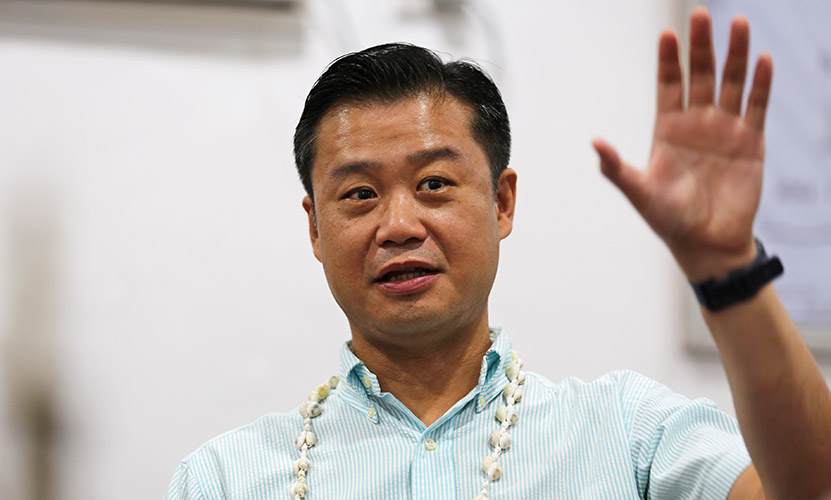Senator Win Gatchalian bats for the empowerment of principals in delivering quality education and reversing the education ‘crisis’ hounding the country.

Gatchalian, who chairs the Senate Committee on Basic Education, Arts and Culture, said that the proposed revival of the Congressional Oversight Committee on Education (EDCOM) will look at how principals can be given more autonomy and flexibility in addressing the needs of learners.
“Our public schools follow a very strict hierarchy. If the principals are restricted and the battleground is on a per school basis, it’s very difficult for them to respond,” Gatchalian said.
“That’s why I believe that part of the solution is to empower our principals — make them join the fight in this education crisis and give them the authority to improve learner outcomes and teacher education,” he added.
According to the Philippines Public Education Expenditure Tracking and Quantitative Service Delivery Study (PETS-QSDS) by the World Bank and Australian Aid published in 2016, “schools that are managed and governed well tend to make better decisions and have better student outcomes.”
The same study reported, however, that the main weaknesses identified by school principals are related to autonomy. The study found that school principals frequently complain about restrictions on the use of their operating funds, including the prohibition on the use of these funds for laptops, LCD projectors, and other instructional equipment.
The management of maintenance and other operating expenses (MOOE) was found to be demanding on school principals. One recommendation from the PETS-QSDS was to simplify the management requirements for these funds so that principals can have enough time for academic leadership.
“We need to look at the governance structure and analyze how we can further empower the principals so that they will have the flexibility to respond to problems,” Gatchalian said.
The PETS-QSDS also cited the role of principals and governing councils in project monitoring, especially when it comes to infrastructure. This is seen to improve the quality of projects and yield better information on the effectiveness of contractors. The study proposed expanding the role of principals such as producing regular on-site reports about project progress, as well as approving inspection reports and completion certificates.


